JOAQUIN MILLER
September 8, 1837 – February 17, 1913
Born Cincinnatus Hiner Miller
September 8, 1837
Fulton County, Indiana
Died February 17, 1913 (aged 75) Oakland, California
Cincinnatus Heine Miller, better known by his pen name Joaquin Miller, was an American poet and frontiersman. He is nicknamed the "Poet of the Sierras" after the Sierra Nevada, about which he wrote in his Songs of the Sierras (1871).
Joaquin Miller's parents were Hulings Miller and Margaret (née Witt), who married January 3, 1836, in Union County, Indiana.
While Miller was a young boy, probably between 1850 and 1852, his family moved to Oregon and settled in the Willamette Valley, establishing a farm in what would become Lane County. As a young man, he moved to northern California during the California Gold Rush years, and had a variety of adventures, including spending a year living in a Native American village, and being wounded in a battle with Native Americans.
A number of his popular works, Life Amongst the Modocs, An Elk Hunt, and The Battle of Castle Crags, draw on these experiences. He was wounded in the cheek and neck with an arrow during this latter battle, recuperating at the Gold Rush-era mining town of Portuguese Flat.
He accompanied William Walker on the latter's 1855 filibustering expedition to Nicaragua. In the spring of 1857, Miller took part in an expedition against the Pit River Tribe after they killed a white man on Pit River. Years later, he claimed that he had sided with the Native Americans and was run out of town for it. He was widely rumored to have married an Indian woman, possibly a Wintu princess who nursed him back to health after he was wounded by Modocs, and to have fathered with her a daughter named Cali-Shasta, or "Lily of the Shasta." Although Miller soon left the area to pursue other adventures, in the 1870s he sought out Cali-Shasta, then in her teens, and took her to San Francisco to be educated by his friend Ina Coolbrith. Contemporaries believed that Miller's "Indian wife" was the woman later kidnapped by Modocs and held in captivity for some years until rescued by a man named Jim Brock (whom she married), but when "Amanda Brock" died in 1909, Miller denied news reports describing his supposed romance with her. He credited her with saving his life, but said she had always been a platonic friend.
Spending a short time in the mining camps of northern Idaho, Miller found his way to Canyon City, Oregon by 1864 where he was elected the third Judge of Grant County. His old cabin in Canyon City is still standing.
Miller's exploits included a variety of occupations: mining-camp cook (who came down with scurvy from only eating what he cooked), lawyer and a judge, newspaper writer, Pony Express rider, and horse thief. On July 10, 1859, Miller was caught stealing a horse gelding valued at $80, a saddle worth $15, and other items. He was jailed briefly in Shasta County for the crime, and various accounts give other incidents of his repeating this crime in California and Oregon. Miller earned an estimated $3,000 working as a Pony Express rider, and used the money to move to Oregon. With the help of his friend, Senator Joseph Lane, he became editor of the Democratic Register in Eugene, a role he held from March 15 to September 20, 1862. Though no copies survive, it was known as sympathetic to the Confederacy until it was forced to shut down because of its treasonable character. That year, Miller married Theresa Dyer on September 12, 1862, in her home four days after meeting her in Port Orford, Oregon. He had corresponded with her after exchanging poems with her for critique and chasing away a competing suitor. She published poetry under the pen name Minnie Myrtle. The couple had three children: Maud, George, and Henry, although Miller would later claim the baby Henry was not his own. In 1868, Miller paid for the publication of 500 copies of his first book of poetry, Specimens. It was unnoticed and Miller gave away more copies than he sold. Few have survived. The author's despair and disappointment was reflected in his second book, Joaquin et al., the next year. Dyer filed for divorce on April 4, 1870, claiming they had a third child, Henry Mark, the year before and that Miller was "wholly" neglectful. The court declared them divorced on April 19 and Dyer was granted custody of the baby while the two older children were left in the care of her mother. Miller was ordered to pay $200 per year in child support. Miller believed the divorce prevented him from being nominated for a seat on the Oregon Supreme Court. He never denied her charges that he was neglectful of her and their children and was rarely home. He also may have had an affair with actress Adah Isaacs Menken shortly into the marriage.
Joaquin Miller, 1903
Miller had sent a copy of Joaquin, et al. to Bret Harte, who offered advice that he avoid "faults of excess" and encouragingly wrote, "you on your way to become a poet." The next summer, July 1870, Miller traveled to San Francisco with borrowed money and there befriended Charles Warren Stoddard and Ina Coolbrith. Stoddard was the first to meet him at the dock and, as he recalled, Miller's first words to him were, "Well, let us go and talk with the poets." Miller went to England, where he was celebrated as a frontier oddity. There, in May 1871, Miller published Songs of the Sierras, the book which finalized his nickname as the "Poet of the Sierras". It was well received by the British press and members of the Pre-Raphaelite Brotherhood, particularly Dante Gabriel Rossetti and William Michael Rossetti. While in England, he was one of the few Americans invited into the Savage Club along with Julian Hawthorne, son of Nathaniel Hawthorne. The younger Hawthorne referred to Miller as "a licensed libertine" but admitted to finding him "charming, amiable, and harmless". Rather abruptly, Miller left England in September 1871 and landed in New York. At the encouragement of family, he made his way to Easton, Pennsylvania to visit his dying brother before returning to Oregon; his father died shortly thereafter. Miller eventually settled in California, where he grew fruit and published his poems and other works.
In 1877, Miller adapted his First Fam'lies of the Sierras into a play, The Danites, or, the Heart of the Sierras. It opened on August 22 in New York with McKee Rankin as the main character.[38] The anti-Mormon play, which featured Danites hunting the daughter of one of the murderers of Joseph Smith, became one of the most commercially successful in a series of anti-Mormon dramas at the time. The Spirit of the Times, however, attributed its success to curious audience members expecting a disastrous failure and instead discovering a good show: "The play proved to possess more than ordinary merit, and if it is not a great work, it is decidedly not a very bad one." The Danites was extended from a run of only a few days to one of seven straight weeks before moving to another theatre and, ultimately, was performed to such a degree that it rivaled the popularity of Uncle Tom's Cabin. It was published in book form later in 1877. Miller later admitted that he regretted the anti-Mormon tone.
Miller married for a third time on September 8, 1879, Abigail Leland, in New York City.
Miller circa 1905
In 1886, Miller published The Destruction of Gotham, a book which was one of the earliest to depict a prostitute as a heroine. That year, he moved to Oakland, California, and built a home for himself he called "The Hights" [sic]. He remained there until his death in 1913.
In 1897, Miller traveled to the Yukon as a newspaper correspondent. He saw Alaska for the first time on July 30. His dispatches, many of which were written before reaching Alaska, incorrectly implied an easy and inexpensive trip. Miller himself nearly froze to death; two toes were lost to frostbite. Miller died on February 17, 1913, surrounded by friends and family. His last words were recorded as "Take me away; take me away!" The poet had asked to be cremated by friends in the funeral pyre he built at The Hights with no religious ceremony and without being embalmed. His wishes were mostly ignored and the funeral on February 19 drew thousands of curious onlookers. The preacher who spoke referred to Miller as "the last of America's great poets." On May 23, members of the Bohemian Club of San Francisco and the Press Club returned to Miller's funeral pyre to burn the urn which contained his ashes, allowing them to scatter. He had left no will and his estate — estimated at $100,000 — was divided between his wife, Abigail and daughter, Juanita.
Miller in later years
Life Amongst the Modocs (1873)
Specimens (1868)[41]
Joaquin et al. (1869)[41]
Pacific Poems (1871)
Songs of the Sierras (1871)[61]
Songs of the Sun-Lands (1873)[62]
Life Amongst the Modocs (1873)[62]
Arizonian (1874)[41]
First Fam'lies of the Sierras (1875–76)[41]
The One Fair Woman (1876)[41]
The Baroness of New York (1877)[41]
The Danites (1878)[41]
Songs of Italy (1878)[41]
Memorie and rime (1884)
The Destruction of Gotham (1886)
Songs of the Soul (1896)[63]
True Bear Stories (1900)[64]
Chants for the Boer (1900)[64]
The Complete Poetical Works of Joaquin Miller (1902)[64]
As It Was in the Beginning (1903)[64]
The Building of the City Beautiful (1905)[64]
Light: A Narrative Poem (1907)[64]
Joaquin Miller's Poems, with an introduction and autobiography (6 vols., San Francisco, 1909–1910)[11][64]
The Danites in the Sierras (1910)[64]
49: The Gold-Seekers of the Sierras (1910)[64]
An Elk Hunt
The Battle of Castle Crags
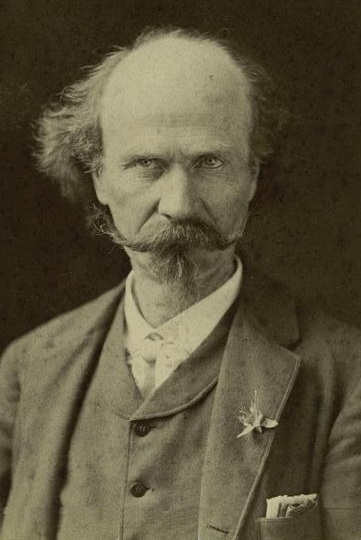
 Amanda S. Stevenson
Amanda S. Stevenson 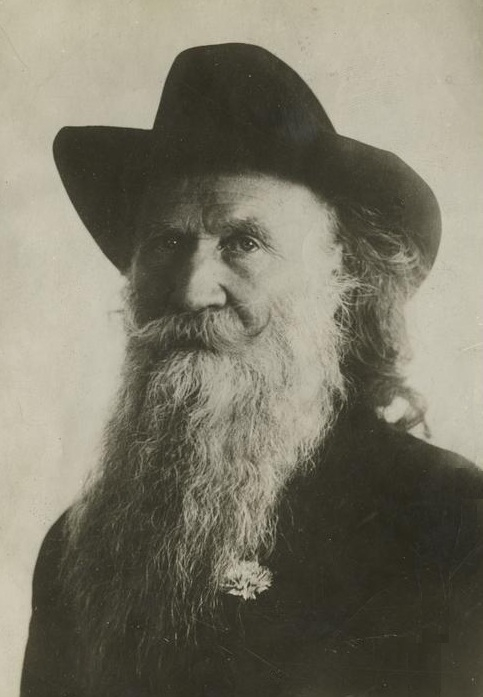
 Amanda S. Stevenson
Amanda S. Stevenson 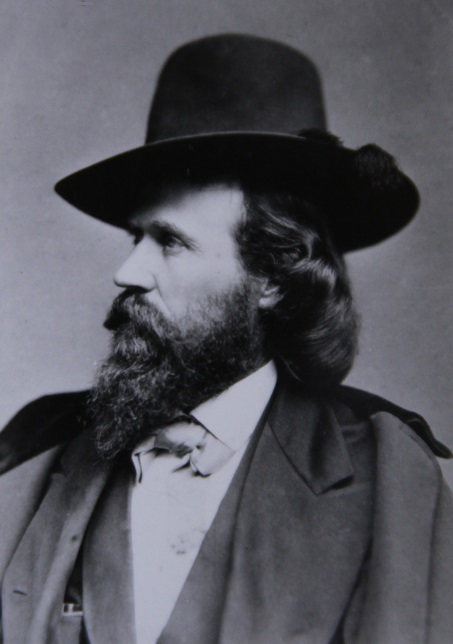
 Amanda S. Stevenson
Amanda S. Stevenson  Amanda S. Stevenson
Amanda S. Stevenson 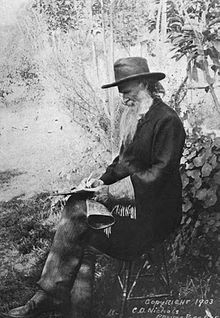
 Amanda S. Stevenson
Amanda S. Stevenson 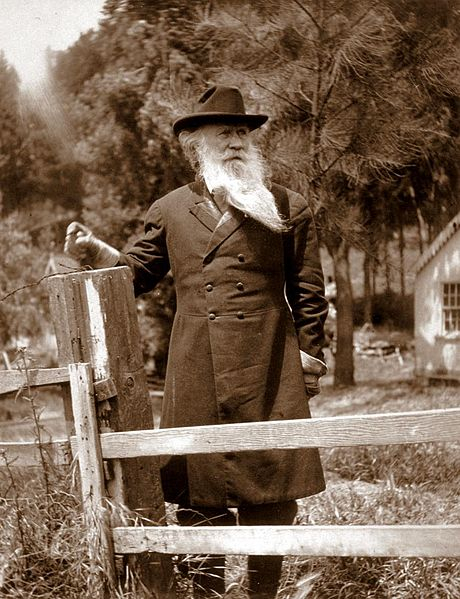
 Amanda S. Stevenson
Amanda S. Stevenson 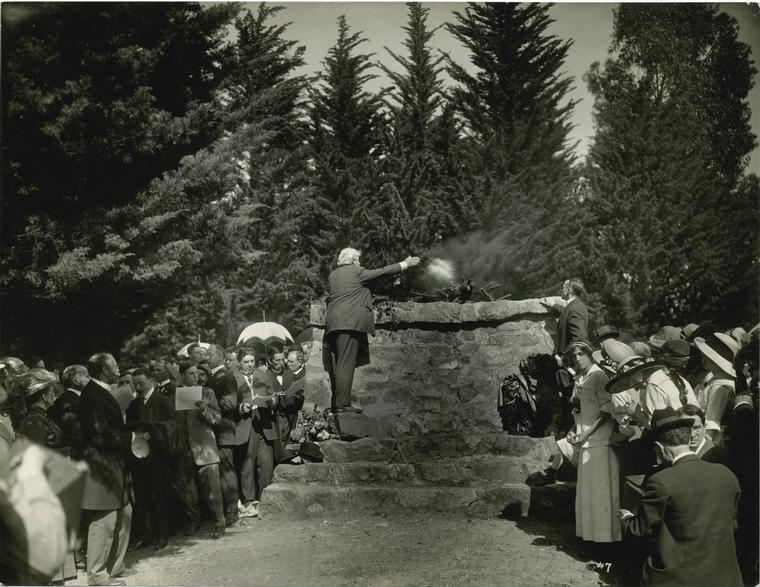
 Amanda S. Stevenson
Amanda S. Stevenson 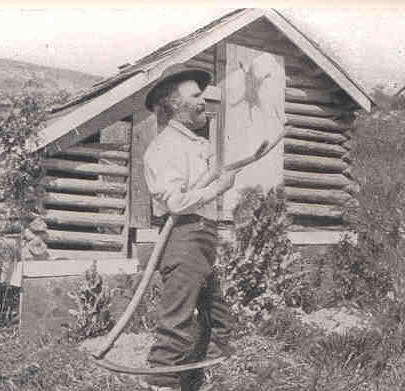
 Amanda S. Stevenson
Amanda S. Stevenson 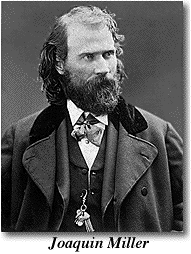
 Amanda S. Stevenson
Amanda S. Stevenson 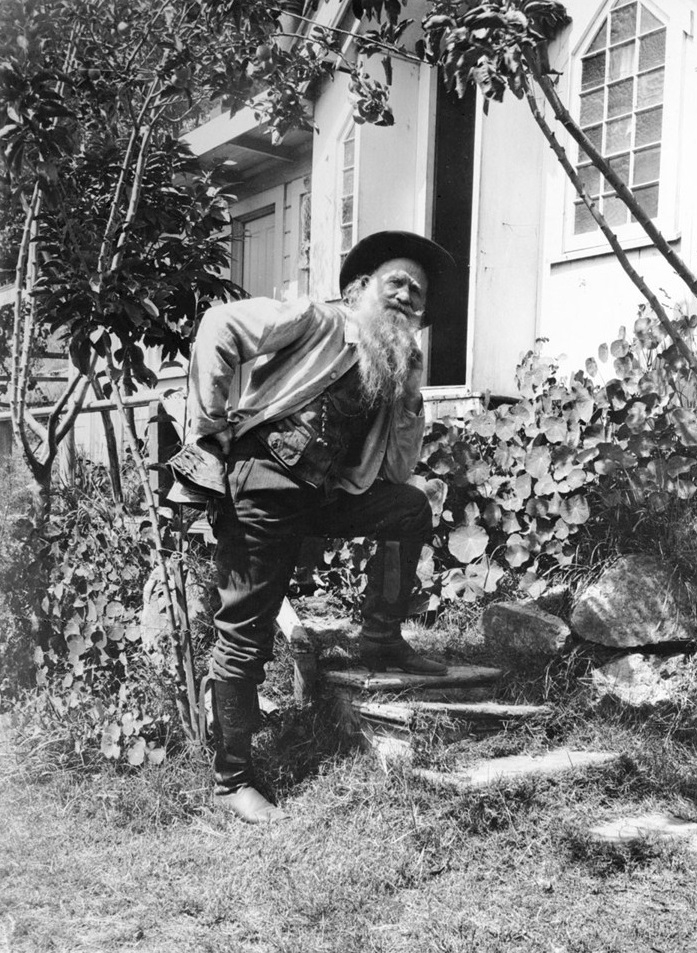
 Amanda S. Stevenson
Amanda S. Stevenson 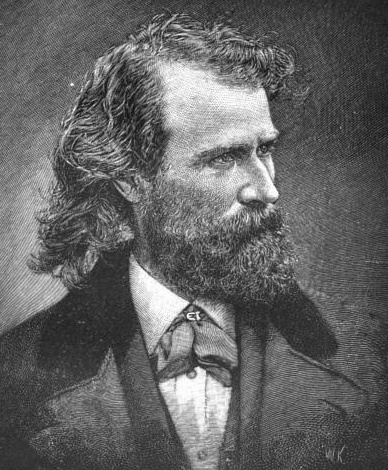
 Amanda S. Stevenson
Amanda S. Stevenson 